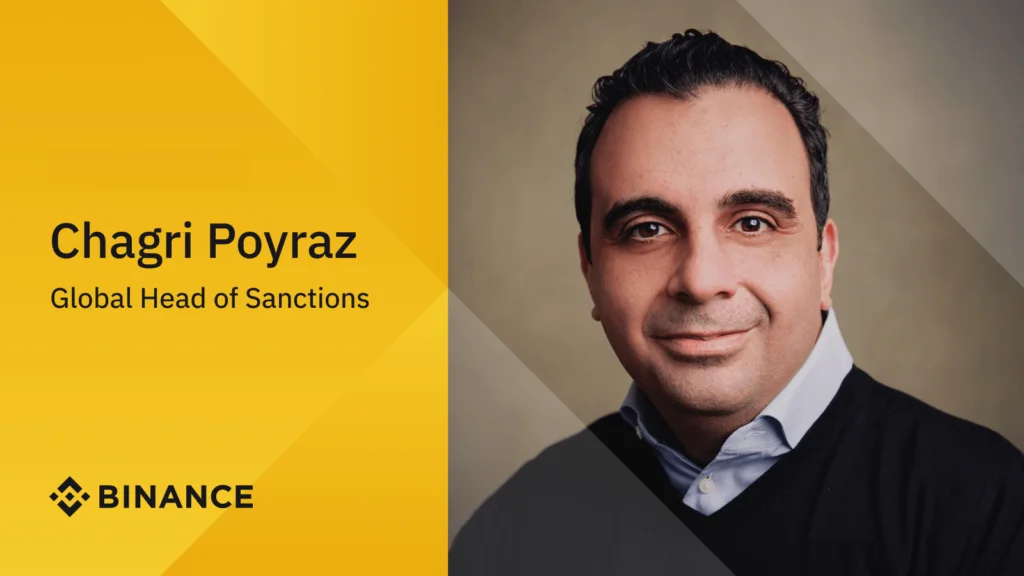The crypto exchange claims it has invested millions in a compliance program and uses IP blocking, VPN detection, and other tools to prevent access from blocked jurisdictions.

Binance, one of the largest crypto exchanges in the world, has published a post by its Global Head of Sanctions, Chagri Poyraz, detailing how it prevents users from sanctioned or blocked countries from accessing its platform.
The post also comes amid increased regulatory scrutiny and pressure on Binance from various authorities around the world.
According to Poyraz, Binance has invested tens of millions of dollars in a compliance program and grown its in-house compliance-supporting headcount to 750 experts.
The company’s Sanctions Compliance unit uses several layers of controls to prevent users from accessing the platform, including IP blocking and VPN detection.
“We are keenly aware that people use VPN services to conceal their IP addresses for various reasons. While some may turn a blind eye to that sort of activity, we have put in place cutting-edge technologies to address these issues,”
C. Poyaz
Binance employs several other tools and indirect indicators, IP blocking, and VPN detection to determine whether a user has misrepresented their location.
If the system suspects that a user is physically in a sanctioned or blocked country, it will trigger a request for information to inquire about the reasons and circumstances surrounding the user being there.
An Ongoing Battle Against Circumvention Attempts
Furthermore, Poyraz admitted that identifying and offboarding individuals who attempt to circumvent the platform’s restrictions is an ongoing battle.
“People constantly come up with ways to try and get around the most sophisticated restrictions and controls, including by using fake IDs and various ways to obfuscate their location,” he said. “We are committed to identifying and immediately offboarding such individuals.”
Poyraz also claimed that since the company’s pivot, Binance had adopted a culture of compliance.
“We are confident our program today parallels what you will find at most traditional financial institutions, many of whom have been in business for over a century, compared to Binance, which just launched in 2017,”
